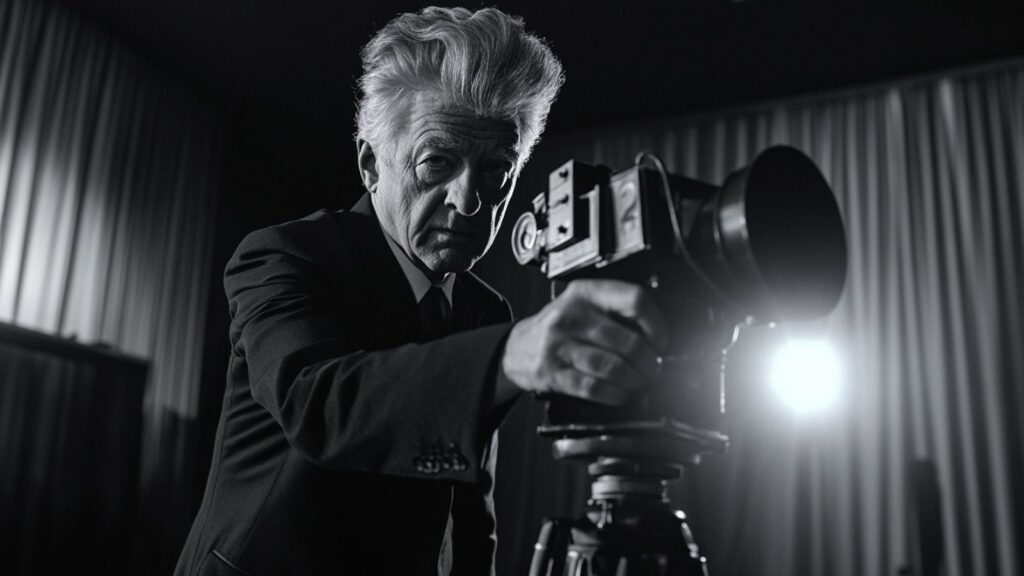A
recent obituary in the Los Angeles Times began: “Bernie Boston, the
photojournalist who captured the iconic
image of a young Vietnam War protester placing a flower in the barrel of a
rifle held by a National
Guardsman died. . . . The photo known as ‘Flower Power’ became Boston’s
signature image and earned him acclaim in the world of photojournalism. Taken during an antiwar march on the Pentagon
on Oct. 22,
1967, the photo was a finalist for the Pulitzer Prize.”
The protester, not identified, was Joel
Tornabene. In my autobiography–Confessions
of a Raving, Unconfined Nut: Misadventures in
the Counterculture, published by Simon & Schuster in 1993–I described
him as “an unheralded Yippie organizer known as Super-Joel.”
His
grandfather was Mafia boss Sam Giancana, but Super-Joel had dropped out
of the family business. Instead, he let
his hair grow long and distributed
LSD. The intelligence division of the
Chicago Police Department
warned Giancana that Super-Joel shouldn’t hang around with me. The cops were telling the “Mafia” that “I”
was a bad influence.
It
could’ve been worse. The FBI planned to “neutralize” Dick Gregory by
alerting the Mafia to his verbal attacks on the crime syndicate.
Super-Joel once told me, “If it wasn’t for
acid, I with my Sicilian ancestry
and you with your Jewish ancestry, we would never have become such
close friends.” And he kissed me on the
forehead. But that was okay. It meant love now, not murder.
Super-Joel was arrested during the 1968 Democratic
convention. He yelled
and gave the cops the finger through the caged door at the back of
the paddy wagon. He got arrested three
times that week. He was just
another anonymous Yippie.
FBI files
indicated that the government wanted
to indict twenty individuals for conspiracy to cross state lines for
the purpose of inciting a riot at the convention, but the grand jury
woudn’t go along with such a wholesale indictment.
I wrote in my memoir that “Super-Joel’s
indictment was dropped when an attorney
for . . . Sam Giancana, managed to persuade them that not only did Super-Joel
come from ‘a socially prominent family’ in Chicago, but also that
he was mentally incompetent to stand trial.”
However, in 2006, I learned
that his sister, Fran, had said, “Our grandfathers were a Sicilian
doctor and a Norwegian Irish carpenter.
I can’t imagine how anyone
would actually believe that Giancana relationship.”
I contacted her immediately, apologizing
“for passing on false information,”
adding that “Although I included that story in my autobiography,
recently I’ve had the rights reverted back to me, and I plan
to have it re-published in an updated edition, so I will certainly include
a postscript revealing that hoax.”
She replied, “I think that Joel must have
had quite a good time with the ‘Giancana connection hoax.’ I was first made aware of this story after
his death in Mexico in 1993. His attorney, Dennis Roberts, came to
Chicago to meet with my mother and our family.
He seemed to be quite
surprised to see a simple middle-class family home in Franklin Park,
rather than a River Forest Mafia compound. I wasn’t aware of the extent
of this story until Prairie Prince, who I know Joel was close to for
years, asked me a few years ago which side of the family was Giancana.
Since then, I’ve seen your tale regarding his being moved to the
unindicted co-conspirator list due to the ‘grandfather connection.'”
“I’m embarrassed to admit that I believed
it,” I confessed, “simply because
Joel was extremely convincing when he told me–so I’m a professional
prankster who got pranked himself–but I really had no way of
double-checking his personalized put-on.”
And I’m not the only one who’s been fooled
like that. Another sister, Felicia,
has located an interview in which Tom Waits is asked who Joel is.
Q. “Who’s Joel Tornabene?”
A. “He’s in the concrete biz. Mob guy.
He was the grandson of Sam Giancana
from Chicago. He did some yard work for
me, and I hung out with
him most of the time. He died in Mexico
about five years ago. He was
a good friend of [producer/composer] Hal Wilner, and he was a good guy. He had an errant–I don’t know how to put
this–he used to go around,
and when he saw something he liked in somebody’s yard, he would go
back that night with a shovel, dig it up and plant it in your yard. We
used to get a kick out of that. So I
stopped saying, ‘I really like that
rosebush, I really like that banana tree, I really like that palm.’ Because I knew what it meant. He came over once with twelve chickens
as a gift. My wife said, ‘Joel, don’t
even turn the car off. Turn
that car around and take those chickens back where you found them.’ He was a good friend, one of the wildest guys
I’ve ever known.”
Waits has written a song that includes
this lyric: “Joel Tornabene lies
broken on the wheel….”
And the ten-year-old son of Joel’s cousin
recently used Joel as a topic
for a history project–he centered it on the ’68 convention–titled
“Someone Who Took a Stand.”













